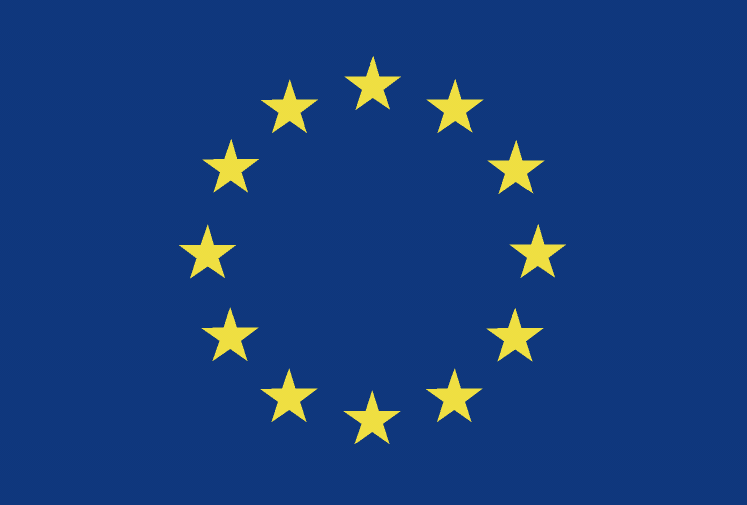"This web page was produced as an assignment for an undergraduate course at Davidson College"
U.S. vs. EU Marketability
| Why Seek Approval? | U.S. vs. EU Marketability | O' Canada & Africa | References |


U.S. Market
The U.S. market is traditionally viewed as being GM friendly. The minimal consumer resistance and greater acceptance GM crops in the U.S. can either be attributed in large part to satisfactory GM regulations by the FDA, or to an increased level of knowledge and awareness of the potential benefits of genetically modified foods among the public (Lusk 2004).
U.S. Consumer Studies
Studies conducted in the U.S. can provide greater insight into U.S. consumer opinion of GM food products.
One study conducted by Ohio State University found that the majority of U.S. students, which represent the future generation of American consumers, are more open to eating foods containing GM ingredients "with 38% very willing and 44% somewhat willing" (Roseboro 2004).
A Washington State University study comparing American and Japanese consumer opinion regarding GM foods found that "American consumers were more likely to hold positive attitudes toward GM foods: 38% positive, 34% neutral, and 18% negative" (Toyama 2004).
A study conducted by a University of Wisconsin professor found that "from 82% to 93% of American consumers want GM foods labeled... labels lowered consumer apprehension about the (GM) technology" (Zepeda 2001).
EU Market
The European Union is perhaps the strongest opponent to the spread of GM crops and food products. The continued success of the EU to resist GM crops has even given other nations, such as Canada, cause to reevaluate their initial acceptance of GM products (Agnet 2004). Consumer support of the apparent GM ban has transformed the European market into a barren even hostile place for big GM companies like Monsanto.
Why is there such resistance in the European community to the genetic modification of crops. One explanation is that perhaps their is a greater distrust of food regulation agencies in Europe because of past food related health hazards, such as mad cow disease (Lusk 2004). Another possibility is that because of these "bad experiences" European consumers are less open to the possibility that genetically modified products may actually have benefits. Another potential source of distrust lies in the belief that the information dispersed by the government or other agencies regarding GM food is false. A sense that these crops are artificial and "unnatural" could also serve to reinforce this idea (Lusk 2004).
EU/Asian Consumer Studies
A joint study conducted by Ohio State University and the Agricultural University of Norway revealed that "33% of Norwegian consumers thought GM foods were extremely risky compared to 9.4% of Americans" (Roseboro 2004).
A Washington State University study comparing Japanese versus american consumer opinion of GM food found that "japanese consumers were less likely than Americans to report trust in most sources of information (regarding GM food)...Americans were more trusting of information from federal agencies" (Toyama 2004).